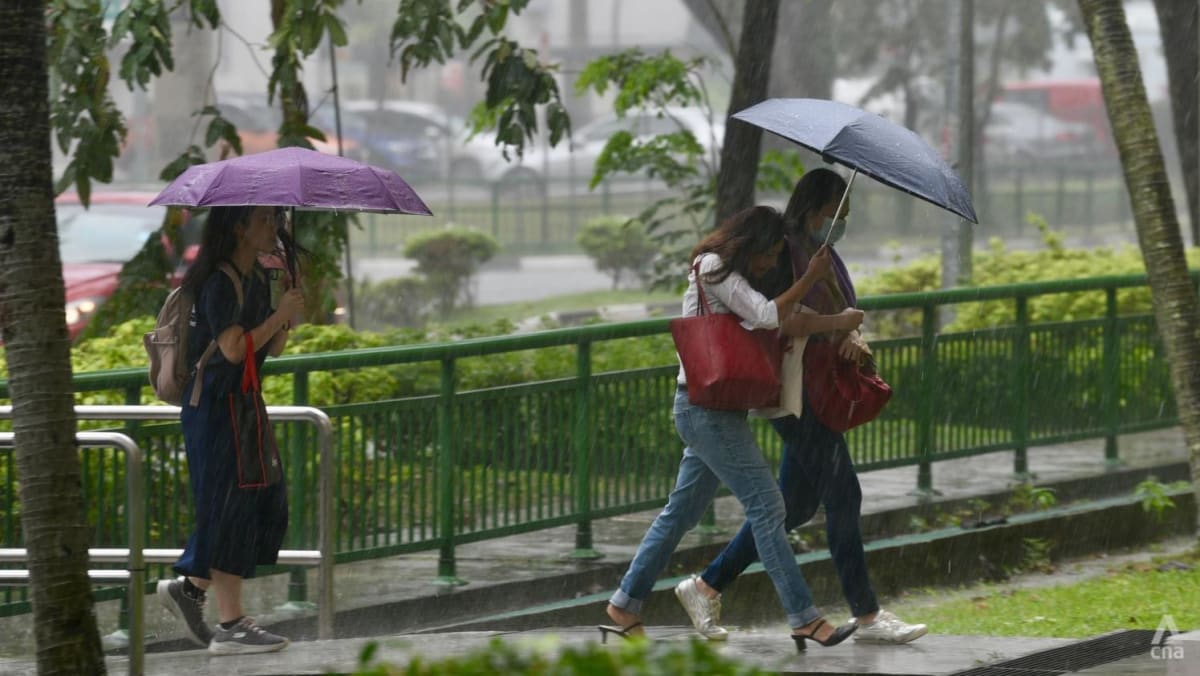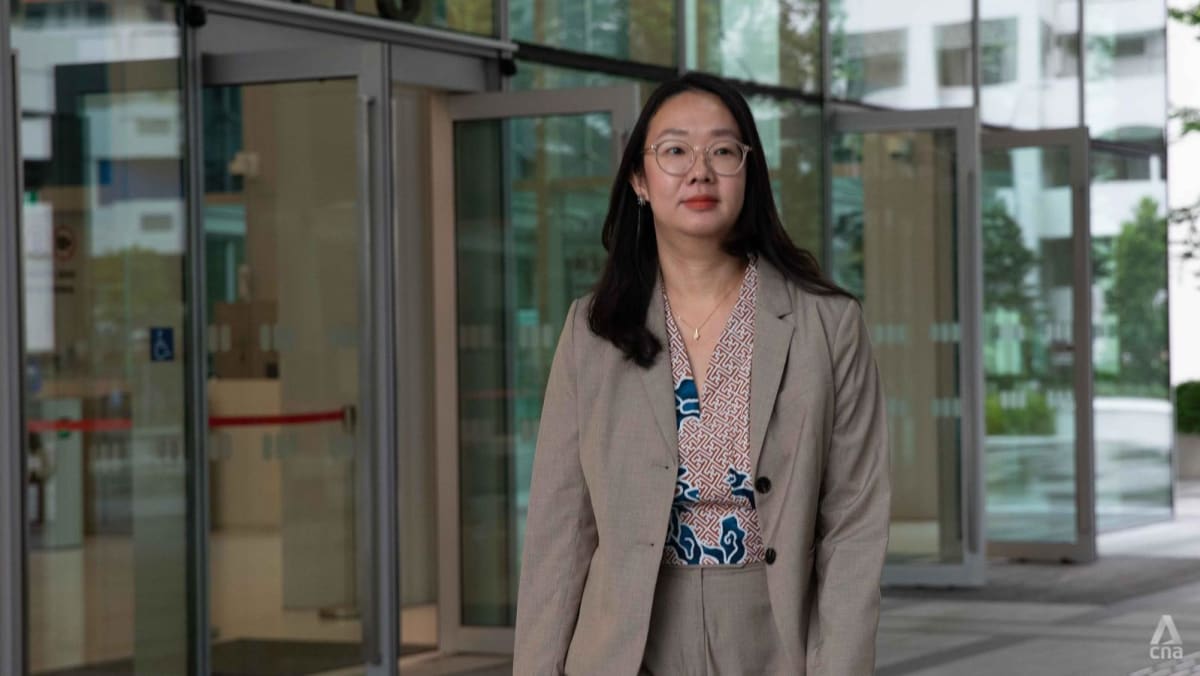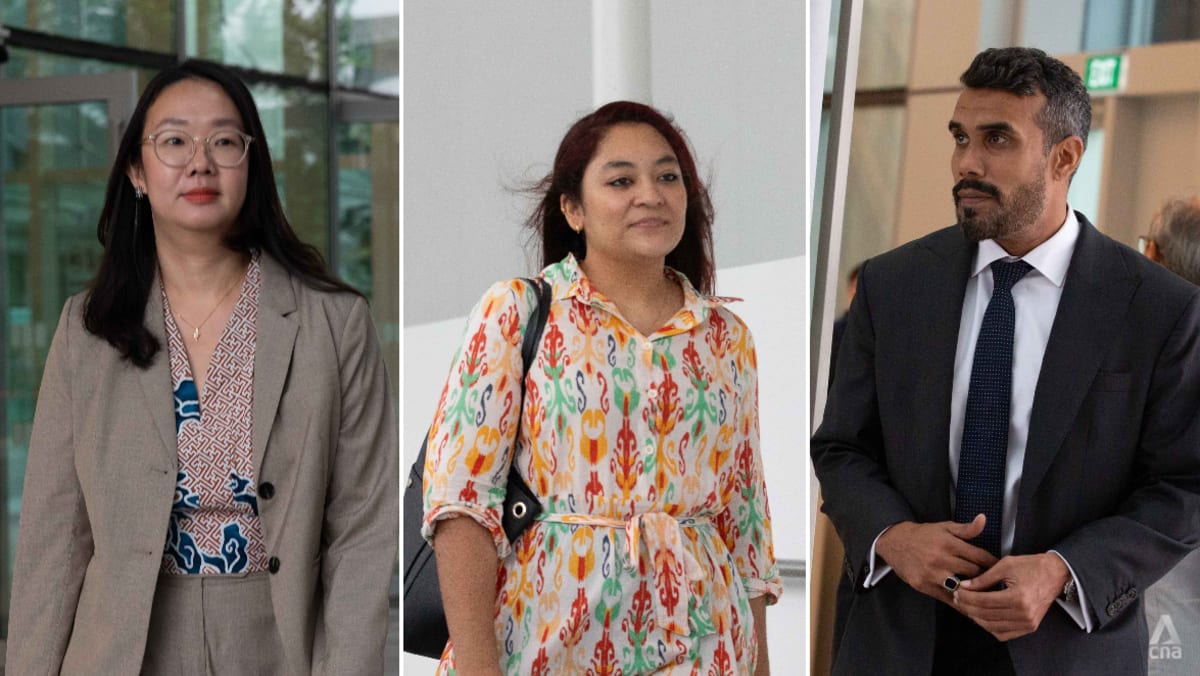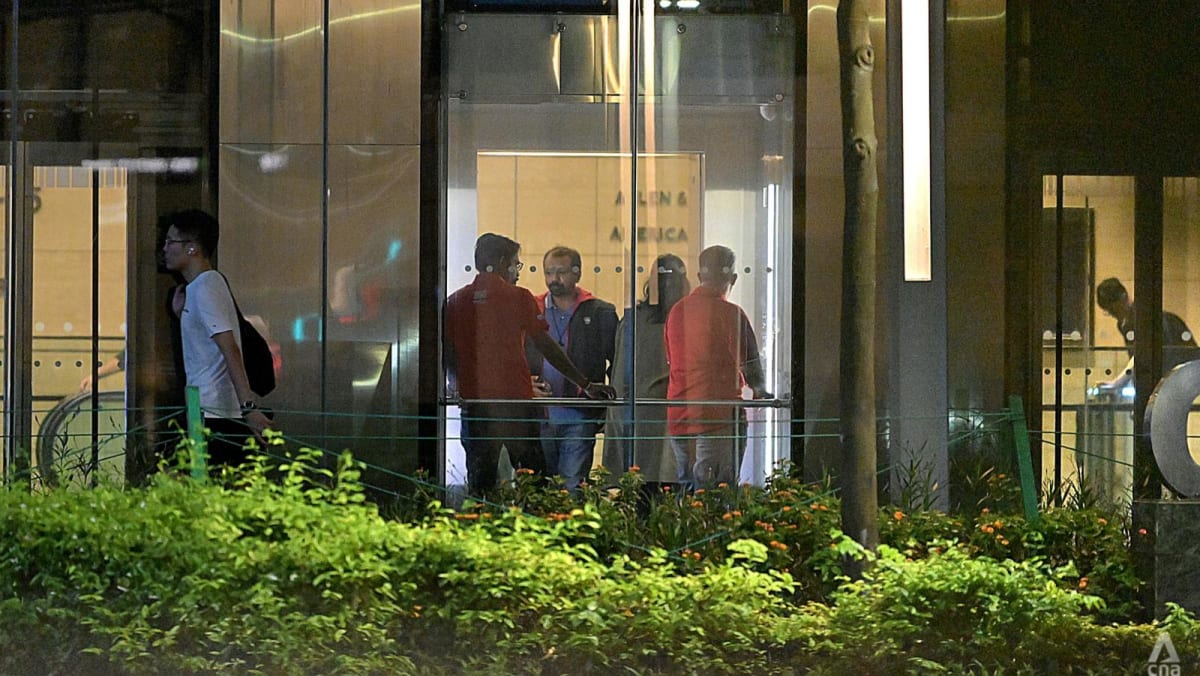Earlier this month, Minister for Digital Development and Information Josephine Teo also announced a new code of practice for app stores, requiring them to implement age assurance measures. More details will be shared in due course, said MDDI.
“Beyond the Government’s legislative moves, the survey findings showed that there is room for all stakeholders, especially designated social media services, to do more to reduce harmful online content and to make the reporting process easier and more effective,” it said.
The ministry also urged users to do their part to act proactively against harmful online content by reporting to the respective platforms.
Workshops, webinars, and family activities are also being organised as part of the IMDA’s Digital for Life movement, to provide users with knowledge and tools to keep themselves and their children safe online, said MDDI.
SPILLOVER FROM CONFLICTS ELSEWHERE
Noting the increase in content inciting racial or religious tension and violent content, Institute of Policy Studies (IPS) principal research fellow Carol Soon said it demonstrates the spillover effects of conflicts happening elsewhere.
“While racial and religious differences are respected in Singapore, Singaporeans are not impervious to the strife and violence from what’s happening in distant shores, like the war in Gaza and racially charged politics,” she said.
Besides social polarisation, there is a concern that malicious foreign actors could exploit such tensions as part of hybrid tactics or cognitive warfare, to weaken a nation amid a geopolitical influence contest, said S Rajaratnam School of International Studies research fellow Muhammad Faizal Abdul Rahman.
Dr Soon added that while it is of concern, it is “unsurprising” that a majority of respondents who came across harmful content simply ignored it. An IPS study found the same trend when it came to encountering false information, she noted.
Mr Faizal said such apathy may mean that people might not push back against information manipulation by foreign actors with strategic goals that are detrimental to the nation.
Public education is required to counter such apathy, said Dr Soon, who is Vice Chair of the Media Literacy Council.
“We need to drive home the point that harmful content has a negative impact on both the individual and the community, and that every action counts,” she said.
Social media platforms also need to shorten their response time and close the loop with end users who make reports, so they feel they have effectively sought redress, said Dr Soon.
She added that there is cause to consider extending the code of practice to platforms beyond the designated ones, including dating sites, discussion forums and gaming platforms.
Such platforms are closed to public scrutiny, so harmful behaviours like bullying, sexual exploitation and hate speech, might go undetected, noted Dr Soon.
“Online harmful content is persistent and distributed across time and digital space. It is technically impossible to remove such content totally,” said Mr Faizal.
“Just as we need thinking soldiers to defend in the physical domain, we need thinking citizens to defend the cognitive domain.”













